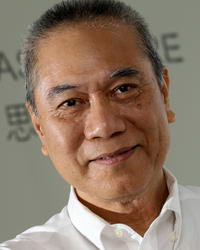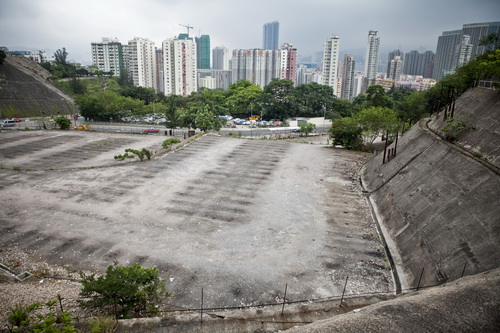-
News >Bizchina
Hong Kong 'directionless'
2010-06-28 09:22HONG KONG - Lau Nai-keung believes Hong Kong's economy has lost its way since the handover from Britain 13 years ago this week.
The leading economic commentator says the special administrative region needs to find a proper role in the global economy.
"We have sort of lost our direction now and so has the government so we don't know where to go or what to do," he said.

LAU NAI-KEUNG, HONG KONG ECONOMIC COMMENTATOR
The 62-year-old was speaking in the Wan Chai offices of the Hong Kong Ideas Centre, a think tank for which he is an adviser.
Although he is known as a writer and radio talkshow host, he was for 20 years a member of the Chinese People's Political Consultative Conference (CPPCC).
Lau blames the Hong Kong Special Administrative Region government led by Chief Executive Donald Tsang for allowing the economy to be hijacked by property tycoons.
He insists the SAR's leaders are just standing by as moguls who own the huge shopping malls and other commercial properties exert huge influence.
He is particularly concerned smaller entrepreneurs, once the lifeblood of the local economy, are being squeezed out.
"The property guys are now into everything and are taking control. Even the bus companies and the tramways are owned by the tycoons," he said.
He said their activities are destroying Hong Kong's status as a low-tax economy since they are effectively imposing higher taxes on everyone else by charging high rents and prices.
"I would say we are now paying a very high rate of taxation but we pay it to these tycoons who take a very big share of it and then hand some of it over to the government," he said.
Lau said the government has misunderstood the way the economy was managed in the past and allowed personal greed to takeover.He said the British might have allowed a laissez-faire economy to develop but they always intervened to moderate the excesses of a free market.
"The colonial government had this kind of attitude of a little bit of tinkering here and there. They had been tinkering ever since 1842 (when Britain took control of Hong Kong)," he said laughing.
"The present chief executive is on record as saying we don't have to position Hong Kong because the concept of positioning is that of a planned economy and we are a market economy. This, however, has just led to excess."

